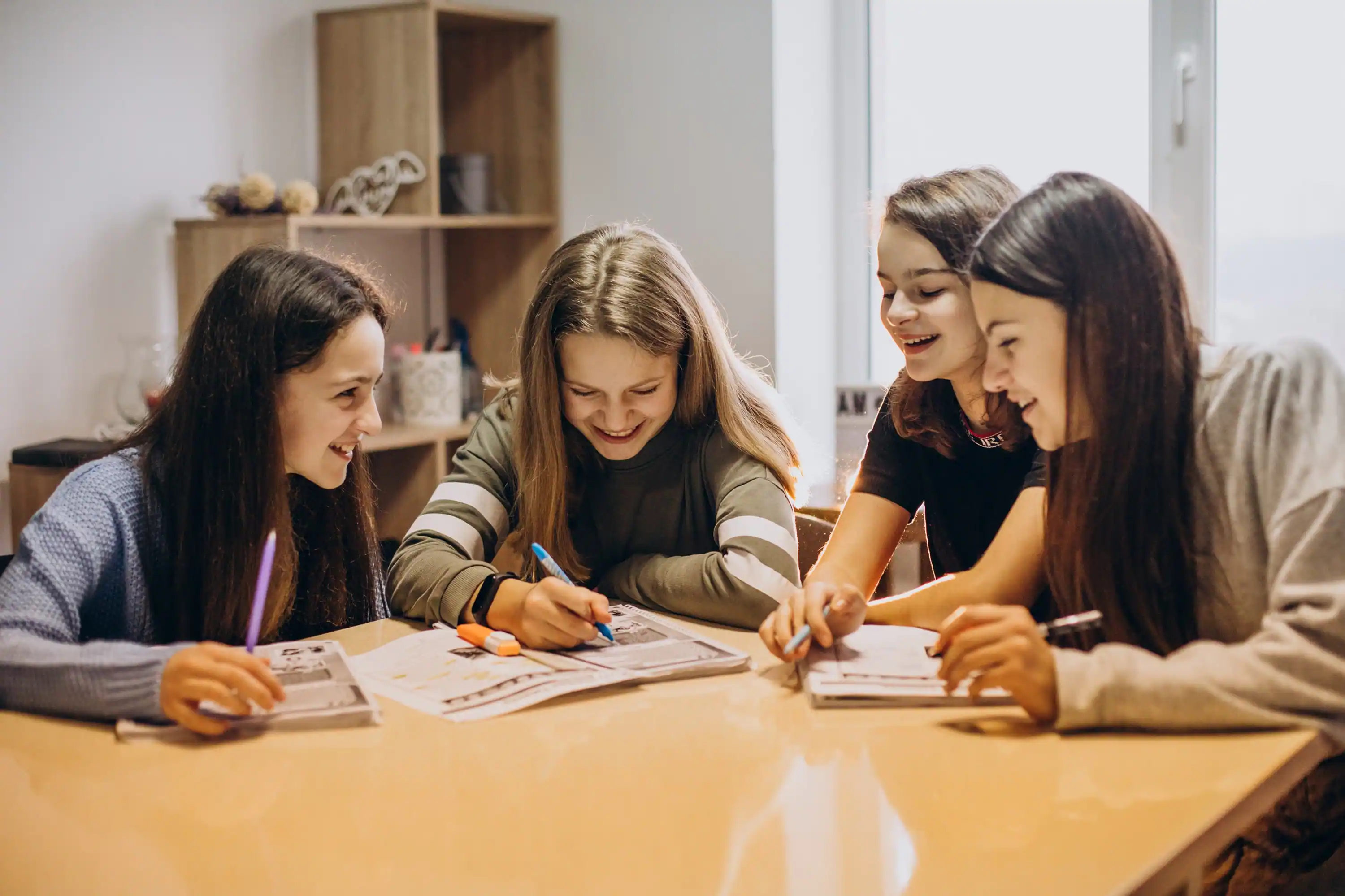Build Self-Awareness Skills That Stick for Life
When kids understand themselves, everything changes—how they think, feel, and connect with others.
Self-Awareness Course for Kids Ages 9–14
Give your child the tools to grow emotionally and confidently. Exploring You: A Journey to Self-Awareness is Bloomster’s expert-led self-awareness course for kids that helps children ages 9 to 14 recognize emotions, reflect on values, and strengthen emotional intelligence.
This structured online self-awareness course combines reflection, psychology, and hands-on activities to help kids develop confidence, resilience, and positive self-talk—designed by licensed child psychologists and rooted in research.
Why Self-Awareness Skills Matter
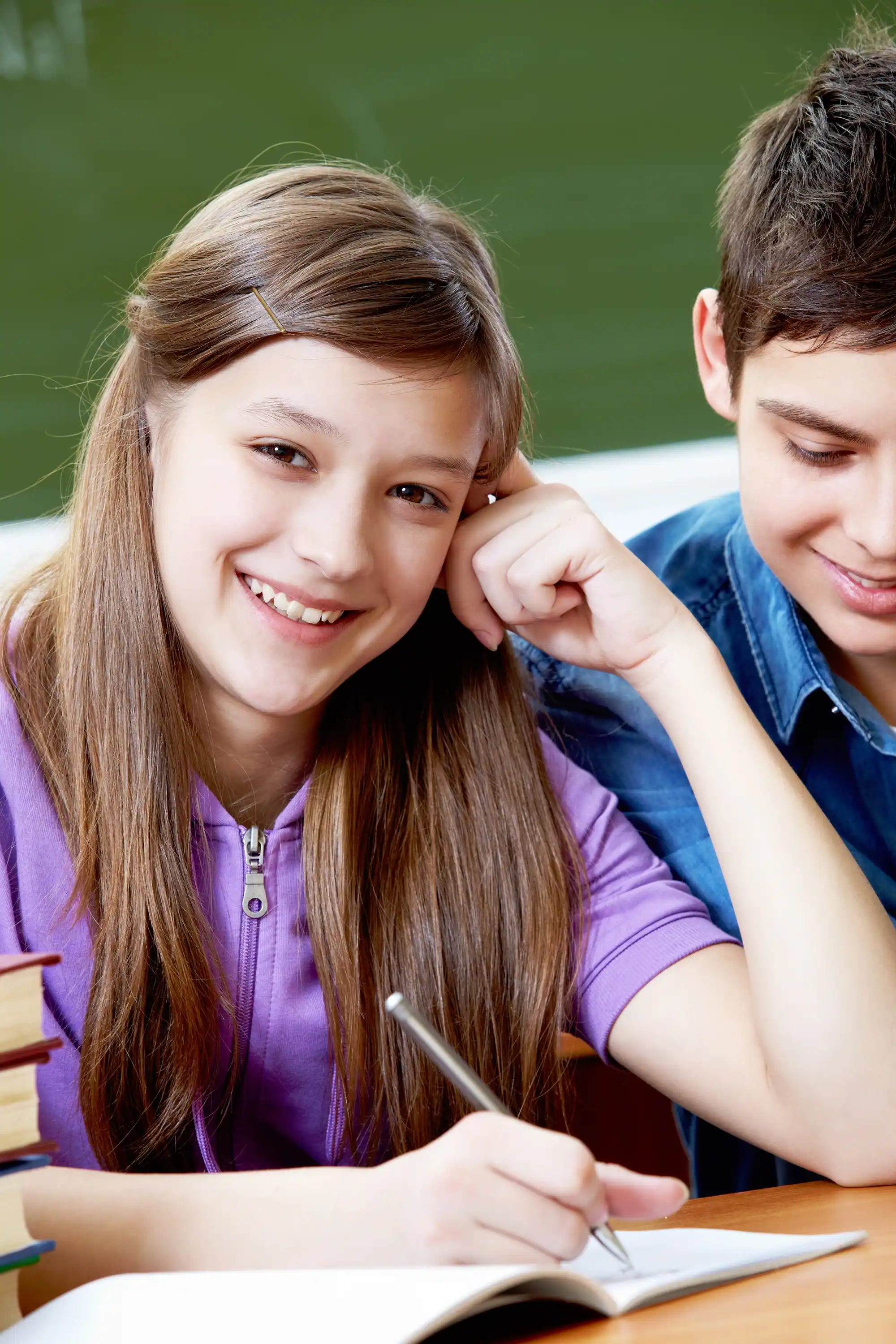
Preteens and teens experience emotional ups and downs, shifting friendships, and growing independence.
A lack of self-awareness can lead to:
-
 Overwhelming emotions and communication struggles
Overwhelming emotions and communication struggles -
 Difficulty making thoughtful choices or setting personal boundaries
Difficulty making thoughtful choices or setting personal boundaries  Anxiety, people-pleasing, or low self-esteem
Anxiety, people-pleasing, or low self-esteem Unclear values and impulsive behavior
Unclear values and impulsive behavior
With the right support, your child can:
-
 Understand how emotions and thoughts shape behavior
Understand how emotions and thoughts shape behavior -
 Set boundaries and make confident, values-aligned decisions
Set boundaries and make confident, values-aligned decisions  Strengthen emotional intelligence and self-worth
Strengthen emotional intelligence and self-worth Develop lasting resilience and mental clarity
Develop lasting resilience and mental clarity
Inside the Self-Awareness Course Journey
Your child will explore personal growth through three key developmental themes, each packed with tools for real-life application.
Understanding Thoughts & Values
Kids begin by exploring how their thoughts shape their feelings and actions. Through metacognitive exercises, mindfulness, and reflective journaling, they learn to pause, notice their internal world, and recognize what truly matters to them. These early habits lay the foundation for emotional clarity and purpose-driven choices.


Introspection and Social Influences
In this section, kids explore the many forces that shape their identity—from mentors and media to friendships and family. They reflect on their personal goals and learn to evaluate external influences thoughtfully. By understanding what drives their decisions, kids begin to choose with intention and stay true to who they are.
Emotional Intelligence and Self-Compassion
Here, your child strengthens their emotional vocabulary and builds powerful tools for resilience. They’ll learn the Cognitive Triangle to understand how thoughts, emotions, and actions connect. Through guided strategies, they’ll practice managing stress, reframing negative self-talk, and communicating with confidence and empathy. It all adds up to stronger inner balance and lasting emotional health.
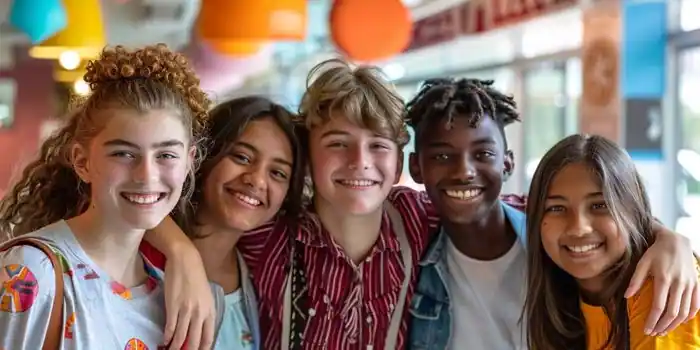
What Kids Gain from This Self-Awareness Program
This is more than just a class—it’s a complete online self-awareness training program designed specifically for kids. Through this engaging and supportive experience, children will learn to make the connection between their thoughts, emotions, and actions. They’ll discover how to manage and express their emotions in healthy, constructive ways. The program also helps kids set meaningful goals, reflect on personal values, and recognize negative thought patterns so they can begin to reframe them positively.
As they move through the lessons, they’ll build strong communication and relationship skills, practice mindfulness, and strengthen their emotional resilience. This self-awareness coaching program meets every child where they are, offering the guidance they need to grow with confidence.
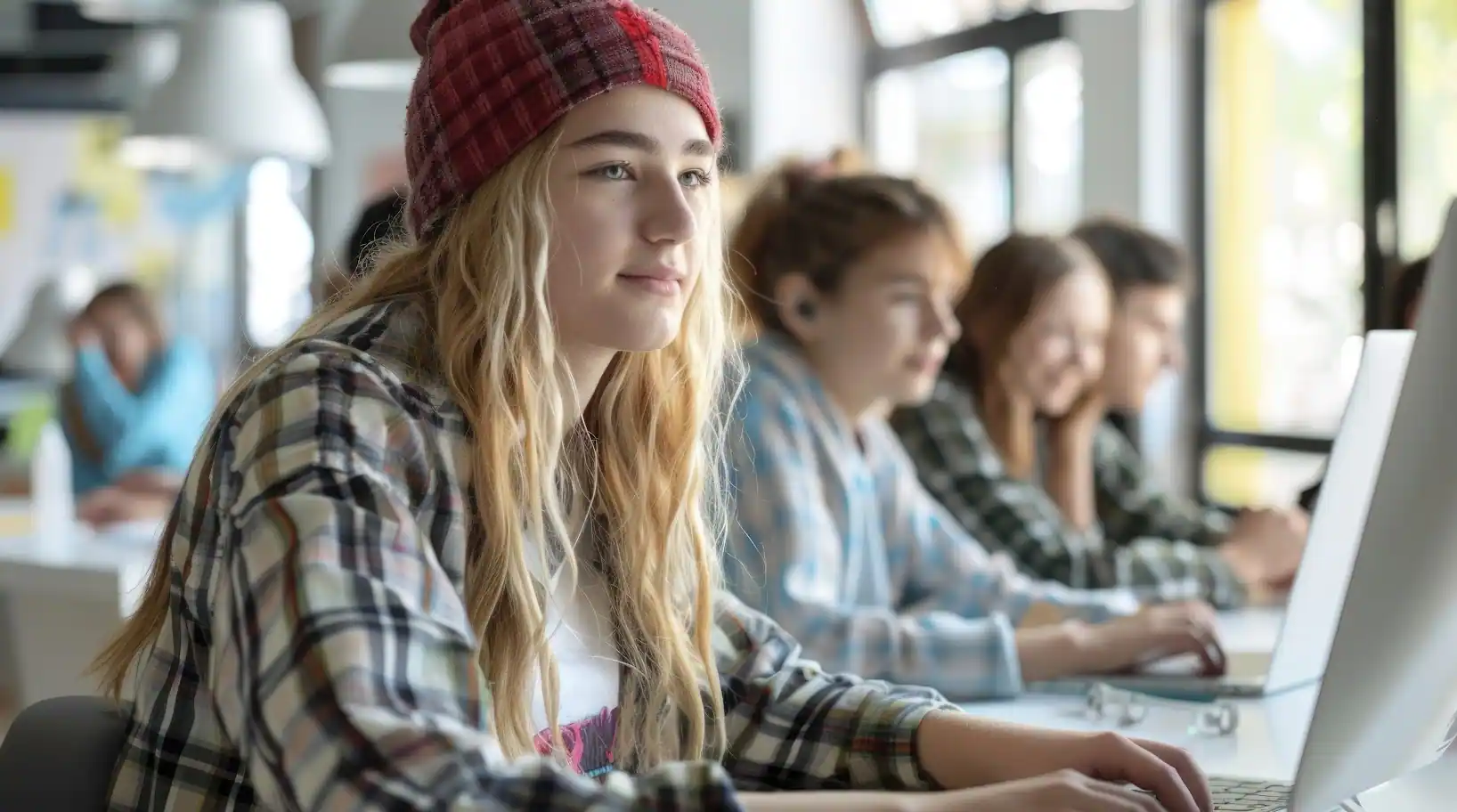
Course Materials & Learning Tools
Your child will receive:
-
 Guided journaling and self-reflection activities
Guided journaling and self-reflection activities -
 Mindfulness and breathing practice videos
Mindfulness and breathing practice videos  Emotion recognition tools and interactive games
Emotion recognition tools and interactive games-
 Positive self-talk exercises and daily affirmations
Positive self-talk exercises and daily affirmations -
 Personalized self-care and boundary-setting templates
Personalized self-care and boundary-setting templates  Parent discussion guides for deeper family connection
Parent discussion guides for deeper family connection
Every tool is age-appropriate and designed for everyday life.
Earn Milestone Badges Along the Way
As kids complete each module, they earn digital badges for their progress. It’s a fun way to stay motivated and celebrate emotional growth.
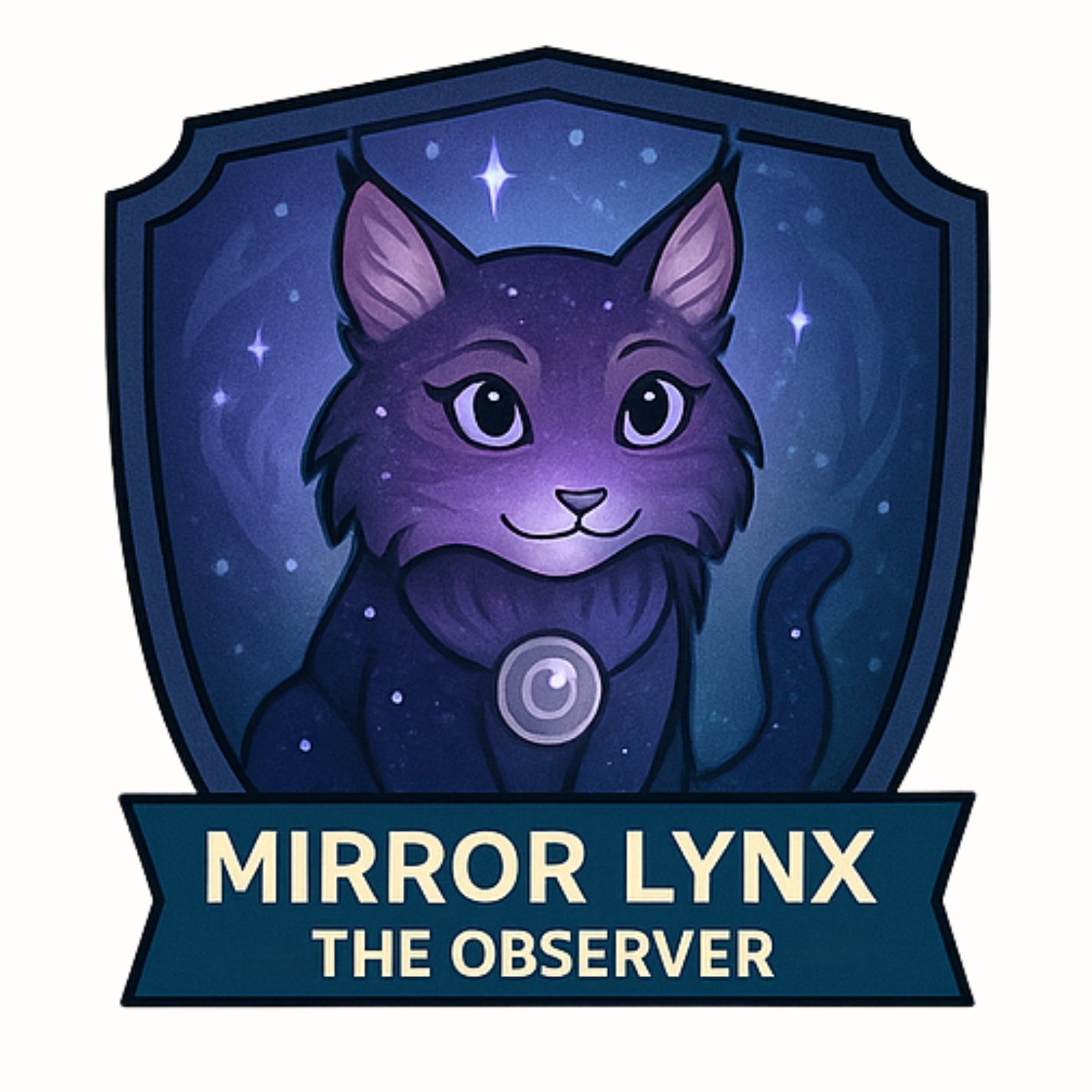
Mirror Lynx – The Observer
The Mirror Lynx shows you who you are — your strengths, flaws, and feelings. It helps you look inside without fear.
Earn this badge by completing module 1 of this course.
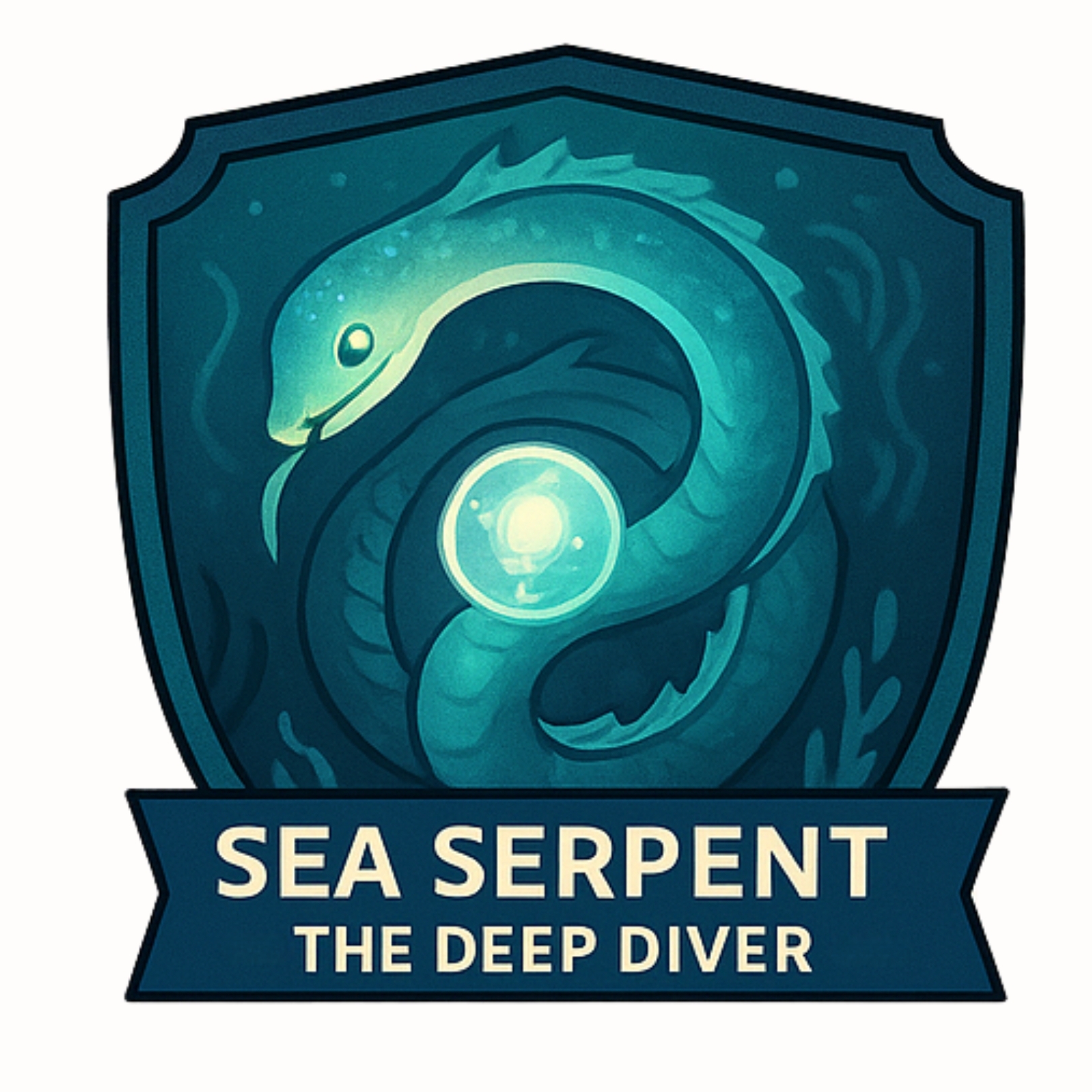
Sea Serpent – The Deep Diver
The Sea Serpent dives where others avoid. It swims through feelings and patterns you’ve learned to explore.
Earn this badge by completing module 2 of this course.
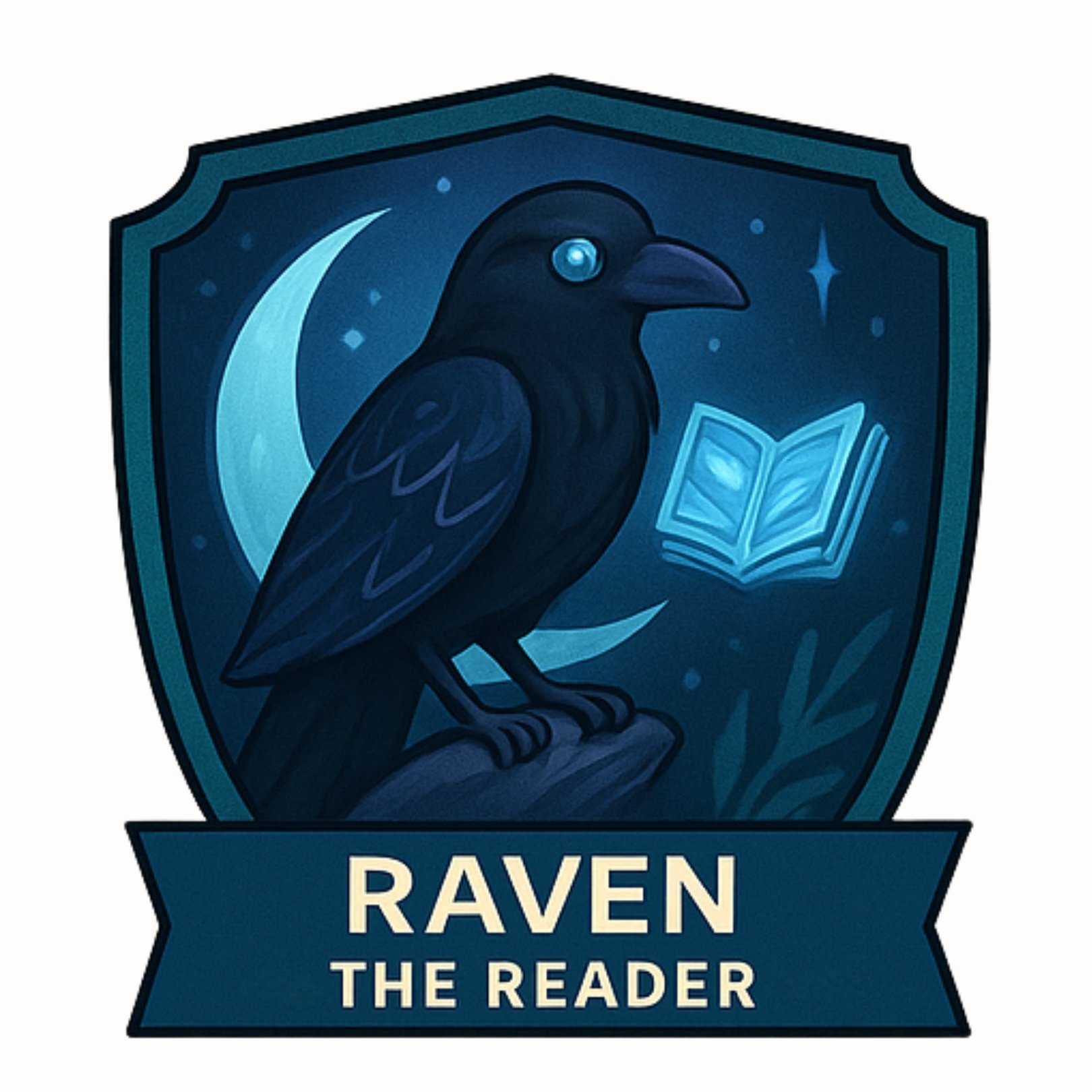
Raven – The Reader
The Raven reads between the lines. It guides you to trust the quiet truths inside you.
Earn this badge by completing module 3 of this course.
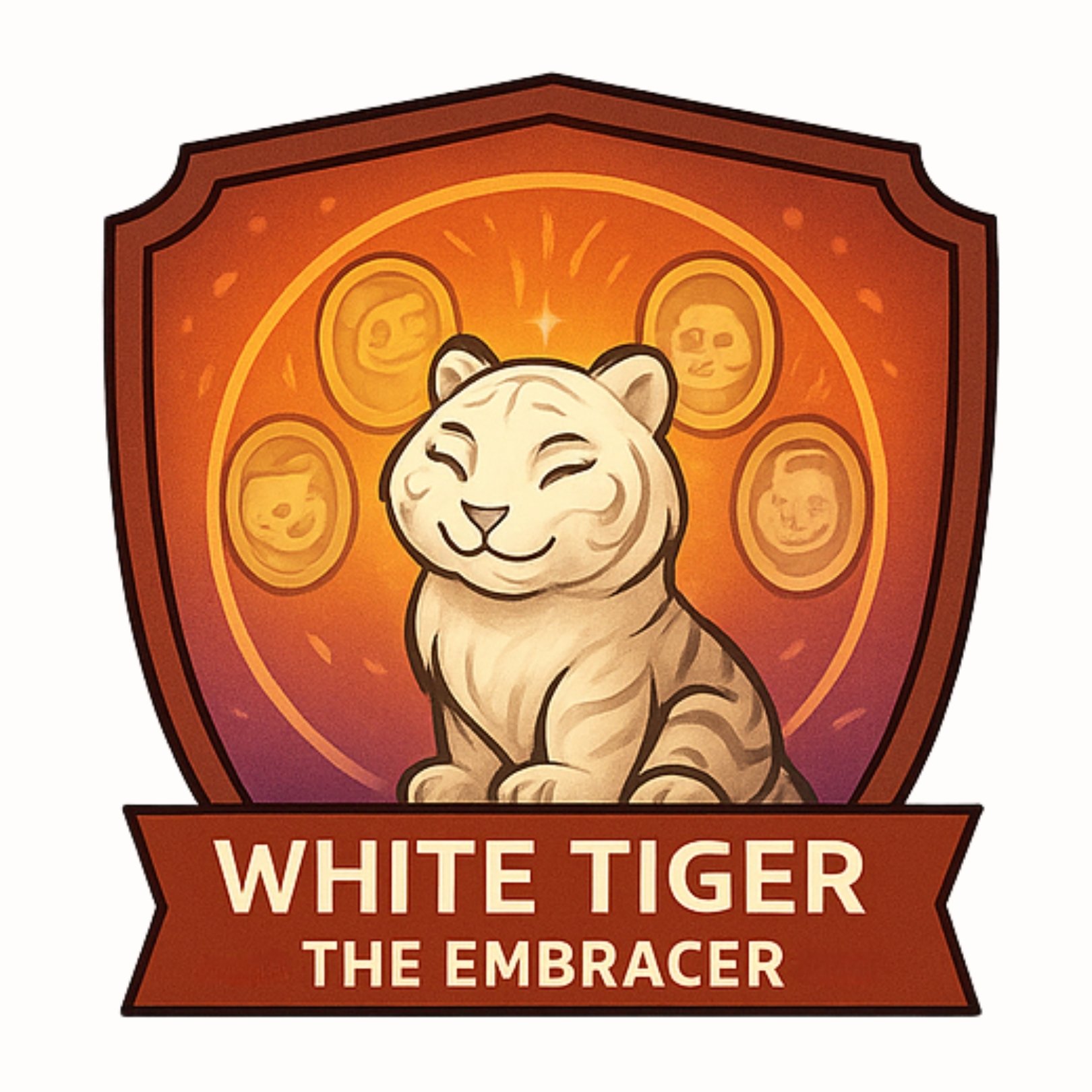
White Tiger – The Embracer
The White Tiger walks with calm pride. It knows its worth — and helps you embrace yours too.
Earn this badge by completing module 4 of this course.
Led by Experts in Child Psychology
This self-awareness course for kids is created by Dr. Kymberli Barker, a licensed child psychologist with over 20 years of experience in emotional development and child behavior. Backed by research in social-emotional learning, the course offers relatable, age-appropriate lessons that help kids build emotional intelligence, confidence, and everyday self-awareness in a way they can truly understand.

How the Course Works
We’ve made it easy for your child to learn at their own pace—while you stay involved and encouraged.
Step 1
Sign Up
Create your account, choose a plan that fits your family, and begin the course right away.
Step 2
Learn Anytime
Lessons are self-paced and accessible online 24/7, so your child can learn at a rhythm that suits them best.
Step 3
Watch Them Grow
Week by week, see your child build self-awareness, emotional regulation, and lasting confidence.
Simple, Flexible Plans for Families
Choose the plan that fits your family and supports your child’s social emotional learning and real-life skill development.
Cancel anytime. No long-term commitment.
Included Benefits:
 Cancel anytime with flexible access
Cancel anytime with flexible access Access to 30+ essential life skills courses
Access to 30+ essential life skills courses Access for one child
Access for one child Shared progress tracking for parents
Shared progress tracking for parents
Included Benefits:
 Cancel anytime with flexible access
Cancel anytime with flexible access Access to 30+ essential life skills courses
Access to 30+ essential life skills courses Access for two or more children
Access for two or more children Shared progress tracking for parents
Shared progress tracking for parents
Included Benefits:
 Cancel anytime with flexible access
Cancel anytime with flexible access Access to 30+ essential life skills courses
Access to 30+ essential life skills courses Access for one child
Access for one child Shared progress tracking for parents
Shared progress tracking for parents
Included Benefits:
 Cancel anytime with flexible access
Cancel anytime with flexible access Access to 30+ essential life skills courses
Access to 30+ essential life skills courses Access for two or more children
Access for two or more children Shared progress tracking for parents
Shared progress tracking for parents
Frequently Asked Questions
Who is this self-awareness course for?
This course is designed specifically for kids and preteens ages 9 to 14 who want to build stronger emotional awareness, improve confidence, and better understand their own thoughts and behaviors. Whether your child is naturally reflective or still learning how to express emotions, this online self-awareness course provides age-appropriate tools to help them grow socially, emotionally, and mentally. It’s ideal for families looking for structured emotional development outside of traditional school curriculum.
Is this a live course or self-paced?
No, this is not a live program. Exploring You: A Journey to Self-Awareness is a self-paced online self-awareness course for kids, designed to be flexible for every family’s schedule. Your child can complete the lessons at their own pace, revisit any module, and engage with the material whenever it fits best. This format works well for kids who thrive on routine as well as those who prefer a go-at-your-own-speed learning style.
Does my child need to be struggling emotionally to benefit from this course?
Not at all. This course is for all kids—those who are doing well and those who may need extra support in understanding themselves or navigating emotional ups and downs. The self-awareness training program provides a safe, empowering space for children to explore their emotions, values, and decision-making. Even emotionally healthy kids benefit from improved self-reflection, emotional intelligence, and resilience-building tools.
Can I participate as a parent or caregiver?
While the course is designed for children to complete independently, you're welcome to stay engaged by checking in, asking about what they’re learning, or supporting their reflections at home. Many parents find that simply being available to listen and encourage open conversations strengthens the impact of the course. Your involvement—without needing to guide each step—can help your child feel supported while building self-awareness on their own terms.
How long does this self-awareness course take to complete?
Most children finish the course in approximately 2-4 weeks, depending on their pace. With 4 in-depth modules and 32 lessons, it’s designed for flexible, self-paced learning. Kids can revisit any module at any time, making it easy to absorb, reflect, and grow at their own rhythm. You’ll start seeing meaningful improvements in their self-regulation, self-reflection, and emotional expression as they move through the course.
How do I teach kids about self-awareness?
Teaching kids about self-awareness requires structured support, relatable content, and consistent practice. This course uses journaling prompts, mindfulness exercises, values identification, and real-life examples to help kids explore their thoughts, emotions, and behaviors. Rather than teaching in a top-down way, it helps children discover their internal world step by step—making the learning more meaningful and long-lasting. As a parent, you’ll get tools and conversation starters to continue that growth at home.
How can a child gain self-awareness at an early age?
Children build self-awareness when they’re encouraged to notice how they think, feel, and respond to situations. In this self-awareness training program, kids learn to name emotions, identify thought patterns, and connect choices to personal values. These foundational skills help them handle stress, communicate better, and become more emotionally independent—setting them up for long-term well-being.
At what age do kids develop self-awareness?
Basic self-awareness begins to form as early as age 5, but deeper emotional awareness—like understanding beliefs, values, and internal motivations—typically develops between ages 9 to 14. This age range is a key developmental window where structured self-awareness coaching can have a lasting impact. That’s why this course is tailored specifically for preteens and young teens.
What are the 4 key components of self-awareness?
This course teaches kids the four essential pillars of self-awareness:
-
 Emotional Recognition – Identifying and naming emotions
Emotional Recognition – Identifying and naming emotions -
 Thought Monitoring – Understanding how thoughts shape actions
Thought Monitoring – Understanding how thoughts shape actions -
 Values Alignment – Recognizing core beliefs and personal motivators
Values Alignment – Recognizing core beliefs and personal motivators -
 Self-Reflection – Looking inward to grow, learn, and build confidence Each of these is covered through interactive lessons and activities designed for kids.
Self-Reflection – Looking inward to grow, learn, and build confidence Each of these is covered through interactive lessons and activities designed for kids.
What are the 5 stages of developing self-awareness?
The course supports your child through five core stages:
-
 Emotional Awareness – Learning to identify feelings
Emotional Awareness – Learning to identify feelings -
 Cognitive Awareness – Becoming conscious of thought patterns
Cognitive Awareness – Becoming conscious of thought patterns -
 Behavioral Reflection – Linking emotions to actions
Behavioral Reflection – Linking emotions to actions -
 Values Understanding – Exploring what matters personally
Values Understanding – Exploring what matters personally -
 Self-Acceptance – Embracing imperfections and building confidence Kids move through these stages as they engage with journaling, discussions, and mindfulness-based activities.
Self-Acceptance – Embracing imperfections and building confidence Kids move through these stages as they engage with journaling, discussions, and mindfulness-based activities.
What methods help build self-awareness in children?
Three of the most effective methods taught in this course are:
-
 Mindfulness practice to develop present-moment awareness
Mindfulness practice to develop present-moment awareness -
 Journaling and self-reflection to build clarity around thoughts and emotions
Journaling and self-reflection to build clarity around thoughts and emotions -
 Values and goal mapping to align actions with personal beliefs These tools, along with expert guidance and family support, help kids build lasting emotional intelligence.
Values and goal mapping to align actions with personal beliefs These tools, along with expert guidance and family support, help kids build lasting emotional intelligence.
Support Your Child’s Self-Discovery
Give your child the support to understand themselves, express emotions confidently, and grow into emotionally strong, self-aware individuals. Start your child’s self-awareness journey with Bloomster today.


